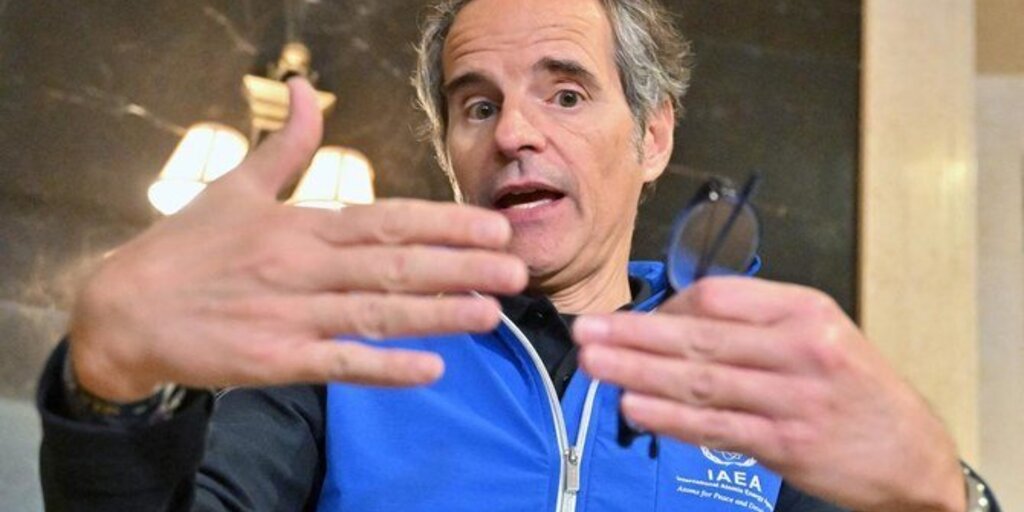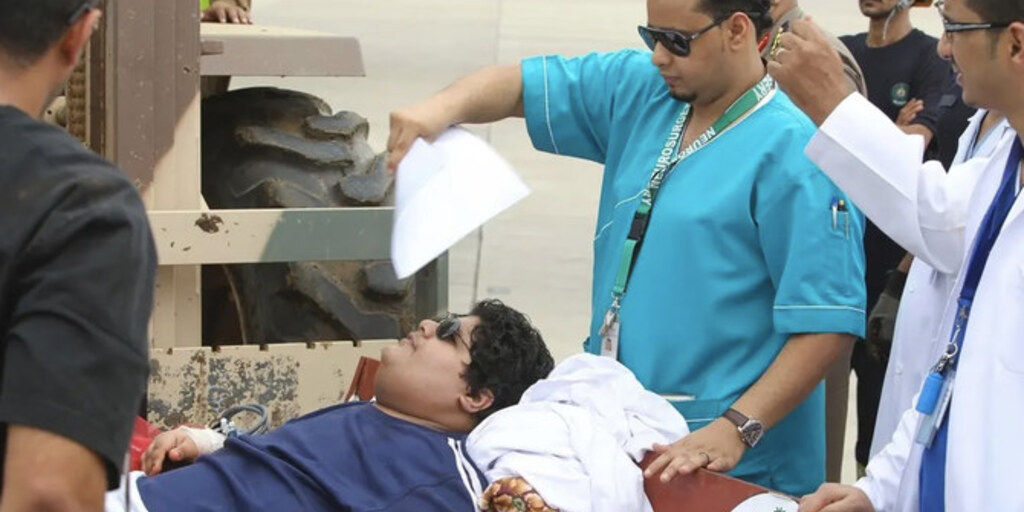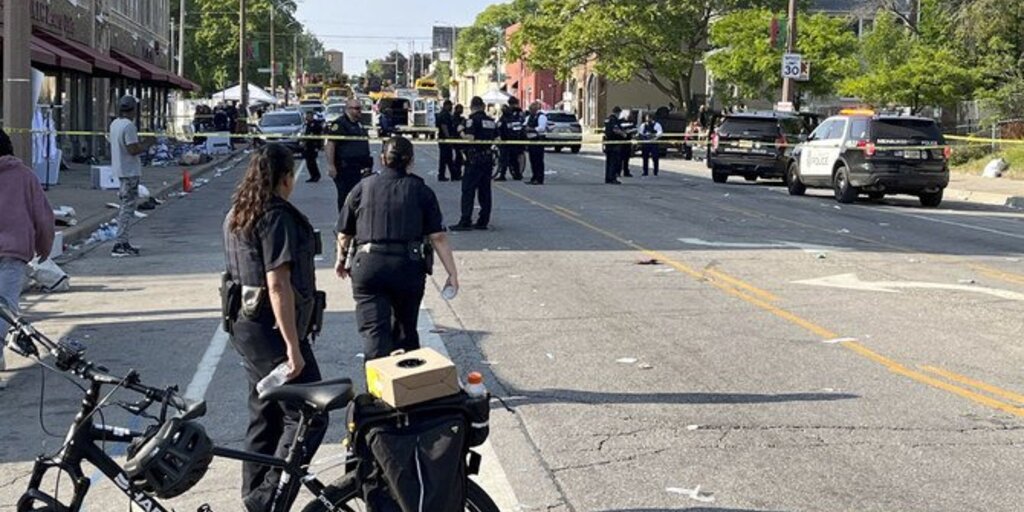KYIV: UN nuclear chief Rafael Grossi has delayed a planned trip to Ukraine’s Russian-held Zaporizhzhia nuclear power plant until it is safer to travel, a senior Ukrainian government official said on Wednesday.
Grossi had been expected to visit the facility on Wednesday following talks in Kyiv on Tuesday, but a diplomatic source said the visit would be delayed by “some hours.” Russian news agency Interfax quoted a Russian-installed local official as saying Grossi would visit the plant on Thursday.
“He’s waiting to be able to travel safely,” said the senior Ukrainian government official, who spoke on condition of anonymity. The official did not say when Grossi would arrive at the plant in southeastern Ukraine.
Moscow and Kyiv have reported heavy fighting in southern and eastern Ukraine since the start of a Ukrainian counteroffensive.
Grossi, the head of the International Atomic Energy Agency (IAEA), said in Kyiv on Tuesday that he was “very concerned” that the nuclear plant could be caught in Ukraine’s counteroffensive to retake Russian-occupied territory.
The IAEA said on Sunday it needed access to a site near the Zaporizhzhia plant to check water levels after the nearby reservoir lost much of its water because of the destruction of the Kakhovka dam downstream.
Both sides have accused each other of sabotaging the dam, leading to catastrophic flooding. Western countries say they are still gathering evidence but believe Ukraine would have had no reason to inflict such a disaster on itself.
Russian forces captured the hydroelectric dam and the nuclear plant in southern Ukraine shortly after their February 2022 invasion.
The Zaporizhzhia nuclear plant uses a cooling pond to keep its six reactors from potentially disastrous overheating.
Ukraine’s nuclear energy company said on Tuesday the level of the pond was stable and that the water was high enough.
Speaking to reporters in Kyiv, where he had talks with President Volodymyr Zelensky, Grossi said there was no immediate danger but that it was a “serious situation.” He said his visit to the nuclear power plant, Europe’s largest, would provide a more accurate assessment of the risk.
The Kakhovka reservoir was normally used to refill the pond but cannot do so now because of its falling water level, Ukrainian nuclear authorities have said.
Instead, the pond, which is separated from the reservoir, can be replenished using deep underground wells, they said.







